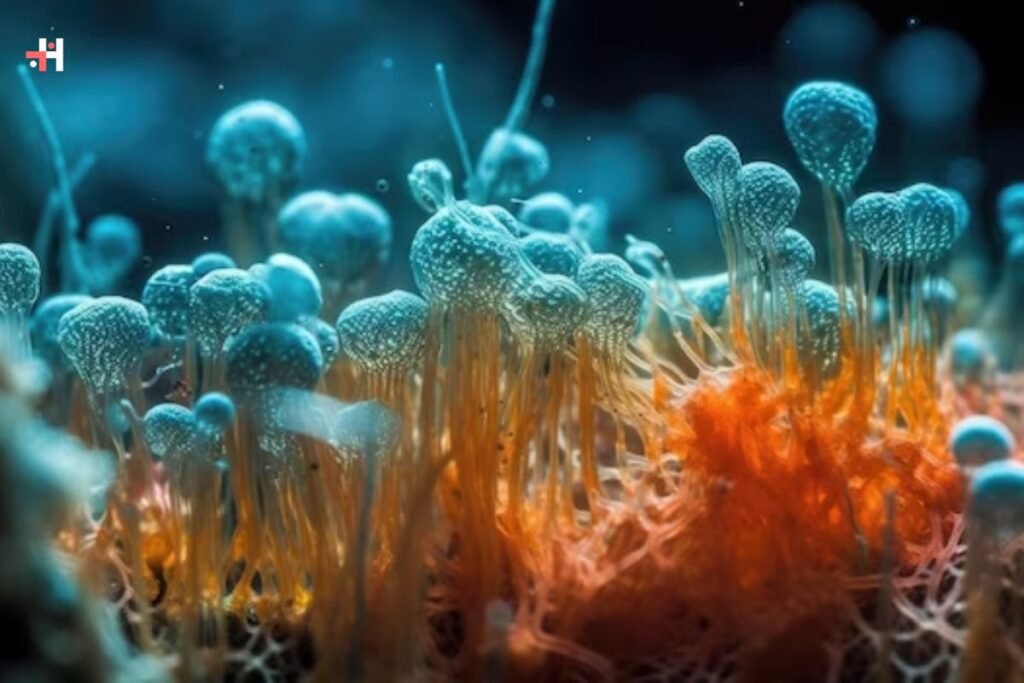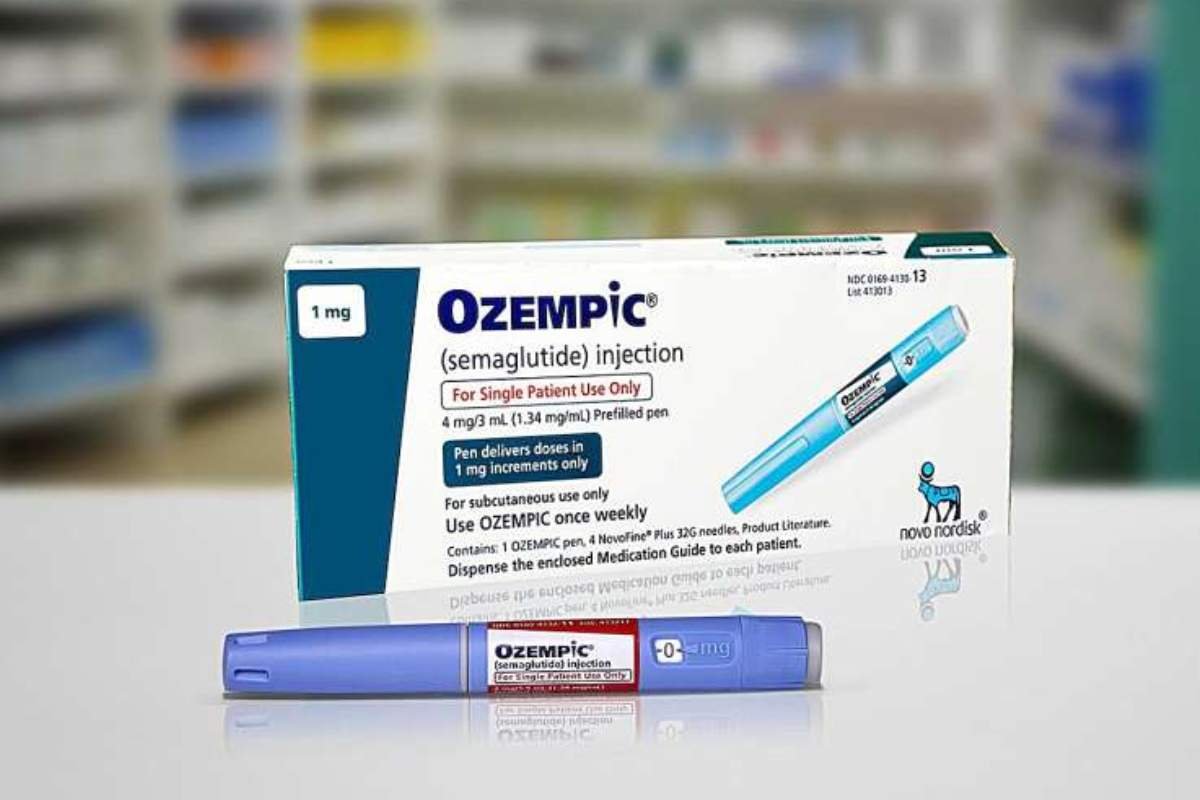Public health officials in King County have confirmed the first known outbreak of the deadly fungus Candida auris, or C. auris, in Washington State. The fungus initially surfaced in July when a resident of Pierce County tested positive for C. auris at Kindred Hospital in Seattle, a long-term acute care facility. At that time, no additional cases were identified. However, this month, another infection was confirmed in a recently admitted patient at Kindred through a state Department of Health screening program aimed at early detection of multidrug-resistant organisms.
Three Additional Cases were confirmed
According to Public Health – Seattle & King County, more than a week later, three additional cases were confirmed in patients who initially tested negative for the deadly fungus upon admission. This marks the onset of the state’s first known C. auris outbreak, and health officials are currently investigating the source of the infection.
The infected patients are being isolated from others to minimize the risk of spread, and specific disinfecting cleaning products effective for C. auris are being employed. Kindred is in the process of notifying other facilities that received patients previously treated at Kindred.
1st outbreak of serious, treatment-resistant C. auris deadly fungus confirmed
An Urgent Public Health Threat
C. auris infections are considered an urgent public health threat, and their incidence has increased significantly during the coronavirus pandemic. The CDC warned last spring that the deadly fungus spreads at an alarming rate. First reported in the United States in 2016, C. auris led to a 200% surge in infections between 2019 and 2021.
Claire Brostrom-Smith, manager of King County’s health care-associated infections program, expressed concern over C. auris, noting its resistance to common antifungal medications. The fungus can also colonize the body without causing symptoms, making it difficult to detect. Between 5% and 10% of colonized patients may develop invasive infections, and over 45% of those with invasive infections may die within the first 30 days, Brostrom-Smith added.
Might eventually be found in Washington
Individuals in long-term acute care facilities are most at risk, particularly those who are severely ill and reliant on medical devices like catheters or breathing tubes. While generally not a threat to healthy individuals, C. auris can cause infections in various parts of the body, such as the bloodstream, open wounds, and ears.
Public health teams have been collaborating with Kindred for months to implement an early screening program, anticipating that C. auris might eventually be found in Washington. Early identification is crucial to controlling the spread of C. auris and implementing preventive measures before it becomes widespread, according to Public Health – Seattle & King County.










